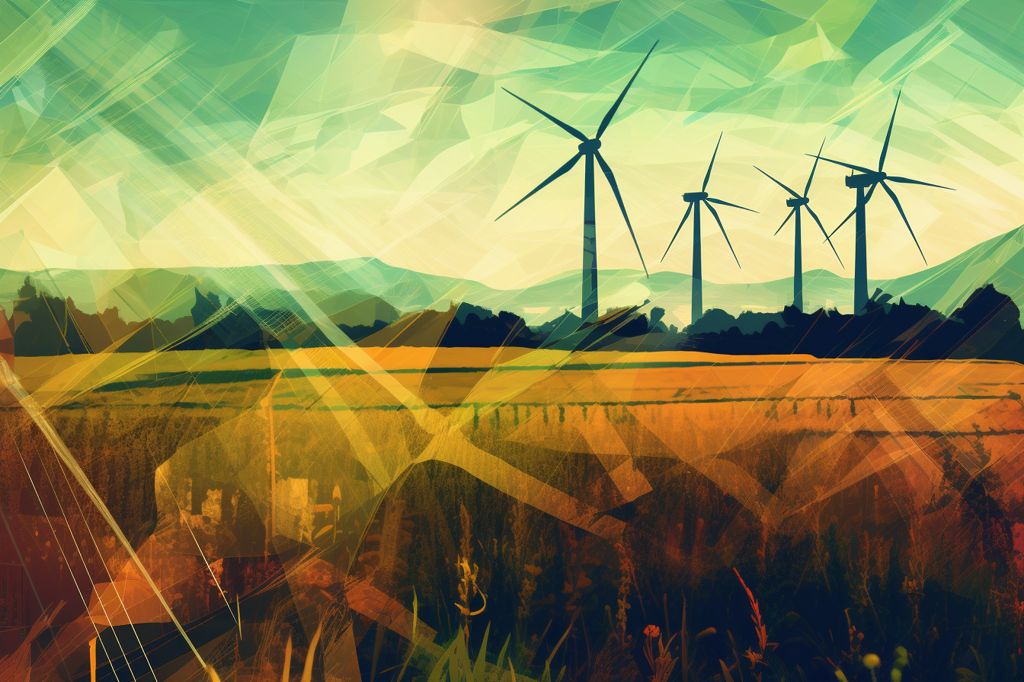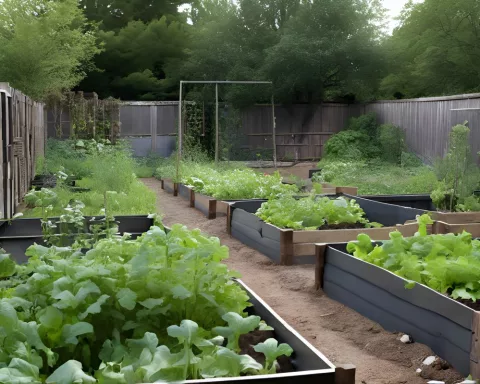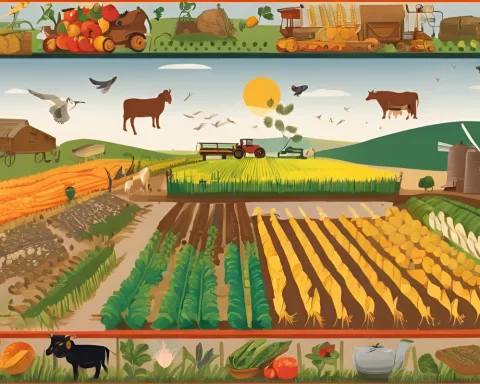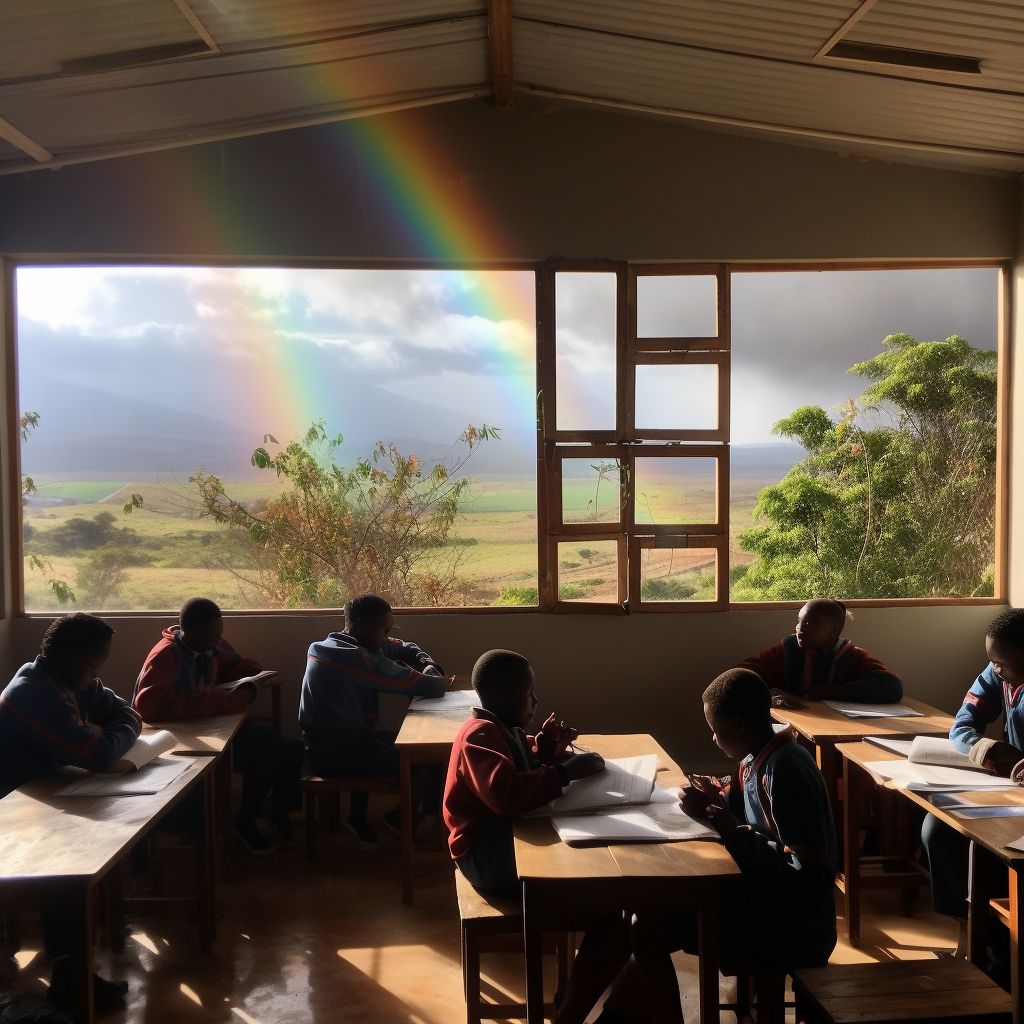The Western Cape Department of Agriculture is taking steps to address the energy crisis facing the agriculture sector in the region. The recent Energy Summit held in Rawsonville brought together various stakeholders, including farmers, energy experts, and officials, to find innovative solutions to the challenge.
The Impact of Load Shedding on Agriculture
Load shedding, caused by the reliance on South Africa’s public electricity utility, Eskom, has had severe consequences on agriculture. The agriculture industry association, AgriSA, conducted a survey that revealed the impact of load shedding on the sector. The results showed that 56% of farmers experienced a loss of income, 75% had to change their production practices, 39% reduced their crop yields, and 31% reduced the number of livestock they keep due to the constant power cuts. This situation could potentially lead to a food crisis and a rise in food prices.
Investing in Alternative Energy Sources
To address the energy crisis, the Western Cape Government is committed to creating an environment that fosters financial support for farmers, job creation, energy efficiency, and conservation practices. The government is also collaborating with private sector stakeholders to find comprehensive and sustainable solutions.
Alternative energy solutions being considered include solar and wind energy, gas-to-power, green hydrogen hydropower, small-scale embedded generation, containerized photovoltaic (PV) systems, and biogas. These technologies have the potential to not only address the energy requirements of the agriculture sector, but also protect the economy and jobs in the sector.
The Importance of Collaboration
The Energy Summit served as a reminder that agriculture is not just about food production, but also about sustaining livelihoods, communities, and the economy. As the Western Cape continues to face energy challenges, it becomes increasingly important for the government, private sector, and farming community to work together in finding and implementing innovative and sustainable solutions that will ensure a thriving, resilient, and energy-independent agricultural sector for the future.
The Western Cape’s Energy Summit tackled the challenges facing the agriculture sector in the region. With a focus on finding innovative solutions, the Summit brought together various stakeholders, including farmers, energy experts, and officials, to address the energy crisis. The government and private sector are committed to investing in alternative energy sources and collaborating on solutions that will ensure a thriving and energy-independent agricultural sector for the future.












